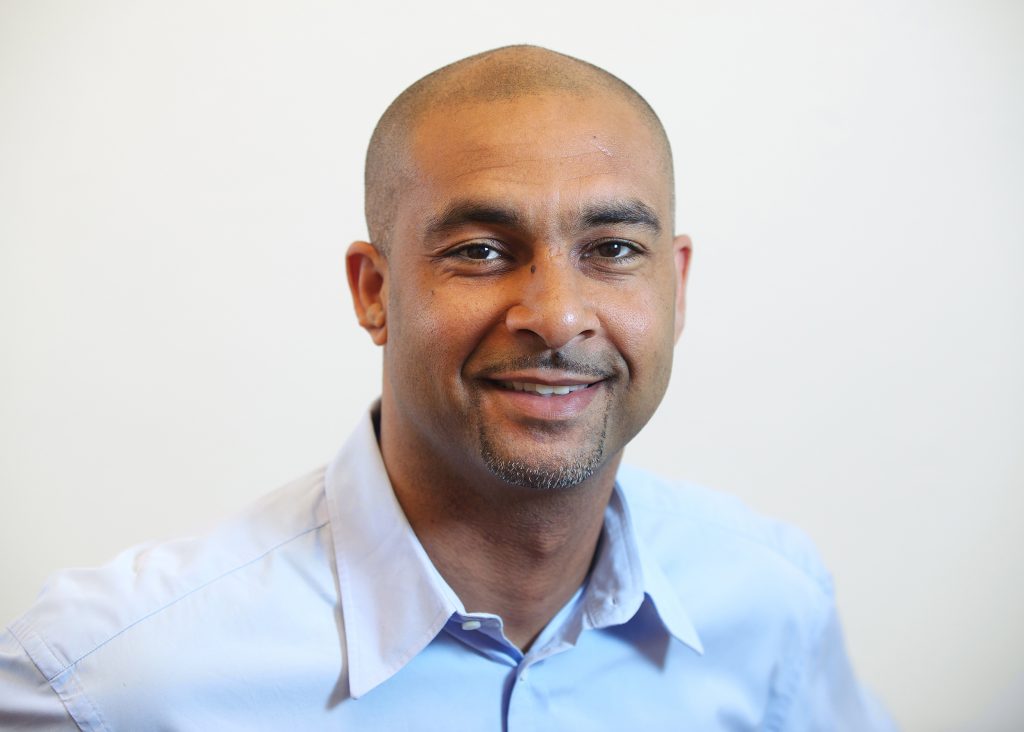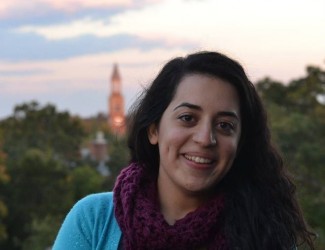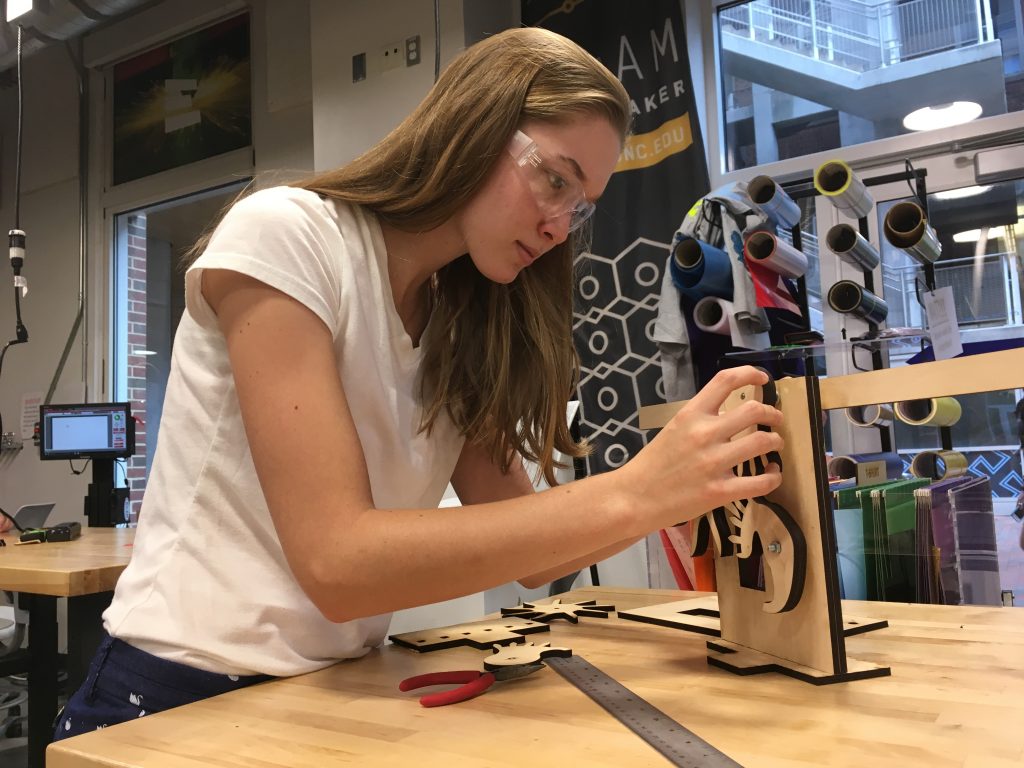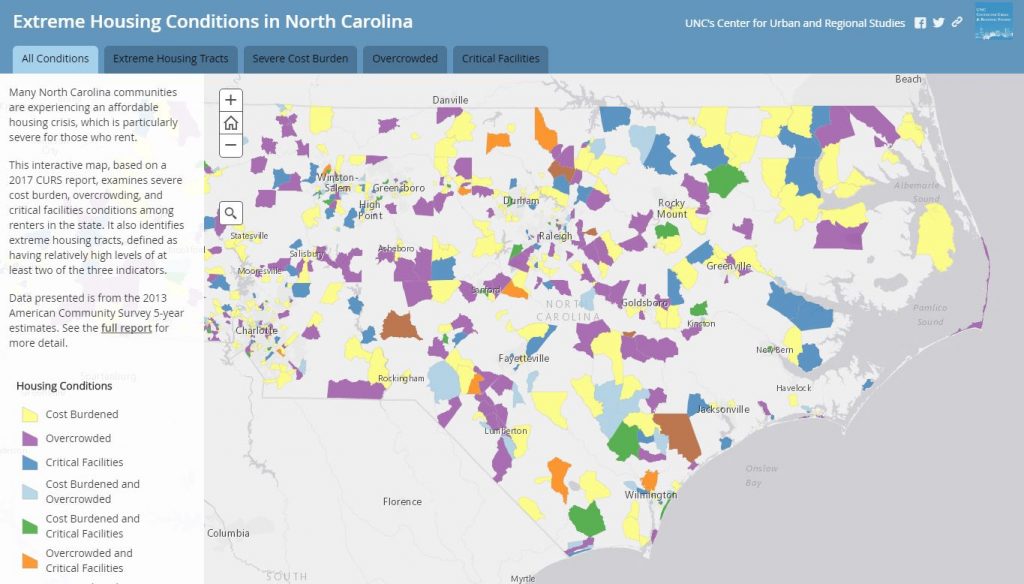 Carolina’s Hans Paerl, a renowned marine and environmental scientist known for his work on the ecological causes and impacts of toxic algae blooms in aquatic ecosystems, was honored Dec. 16 at an award ceremony for his election to the American Geophysical Union, one of the most prestigious communities of geophysicists and marine scientists in the world.
Carolina’s Hans Paerl, a renowned marine and environmental scientist known for his work on the ecological causes and impacts of toxic algae blooms in aquatic ecosystems, was honored Dec. 16 at an award ceremony for his election to the American Geophysical Union, one of the most prestigious communities of geophysicists and marine scientists in the world.
The distinguished award was presented at the AGU’s Fall Meeting in San Francisco, where Paerl and colleague, UNC-Chapel Hill’s Larry Band, were among 60 new fellows honored for “exceptional scientific contributions and attained knowledge eminence in the fields of Earth and space sciences.”
Paerl is a professor in the department of marine sciences and Band is a distinguished professor in the department of geography. Both departments are in the College of Arts and Sciences.
“Hans Paerl and Larry Band are such deserving recipients of this prestigious honor,” said Chancellor Carol L. Folt. “Their combined research, although done independently, aims to understand how excessive nutrients from the land make their way into our aquatic ecosystems, potentially affecting our drinking water, our coasts, our fisheries and recreation. This work is fundamental to solving some of our nation’s biggest challenges and Carolina is tremendously proud to be their academic home.”
As the Voit Gilmore Distinguished Professor of Geography and director of the Institute of the Environment, Band has pioneered the use of digital topography to better understand how watersheds deliver nutrients into lakes, rivers and estuaries. That work has been particularly useful in characterizing which nutrients and how many of them reach receiving waters from industrial, agricultural and urban sources.
Band’s research with local watersheds has helped legislators and communities better understand and improve water resources for human consumption. It has also informed cities and homeowners about the use of green infrastructure like rain gardens, green roofs and permeable pavement, which can help filter pollutants out of storm water before contaminating drinking water reservoirs.
While Band studies how land facilitates the flow of nutrients and pollutants into lakes, rivers and estuaries, Paerl studies how those nutrients affect the downstream freshwater and marine ecosystem, mostly algae that form the base of the food chain.
“Algae also serve as key indicators of water quality,” said Paerl, who is the Kenan Professor of Marine and Environmental Sciences at the UNC-CH Institute of Marine Sciences in Morehead City. “Excessive algal growth or “blooms” create uninhabitable conditions and toxic substances that impede the use of waters for consumption. They can also negatively impact fish and shellfish, with serious economic and environmental consequences.”
His work has helped the State of North Carolina formulate reductions in nutrient loading needed to arrest harmful blooms and optimize water quality of the Neuse River Estuary, as well as lakes, estuarine and coastal waters nationally and internationally (e.g., Canada, China, Europe and New Zealand).
Paerl also co-developed FerryMon in 2000. FerryMon, short for ferry monitoring, uses North Carolina Department of Transportation ferries to automatically collect daily water samples using ferries that cross the Pamlico Sound and Neuse River Estuary. FerryMon serves as an early warning system for identifying potentially harmful changes in the ecosystem, and has become a model for automated monitoring water ecosystems across the nation.
The innovation led in part to Paerl becoming a world leader in monitoring and evaluating water conditions and finding solutions to problems that arise when changes occur in water supplies.
Other honors Paerl has received include G. Evelyn Hutchinson Award from the American Society of Limnology and Oceanography and the Odum Lifetime Achievement Award from the Coastal and Estuarine Research Federation. Paerl and Chancellor Folt were graduate student colleagues at the University of California, Davis, where they received doctorate degrees in aquatic ecology under the direction of Charles R. Goldman, one of the nation’s eminent freshwater ecologists.
By Thania Benios, Office of Communications and Public Affairs




